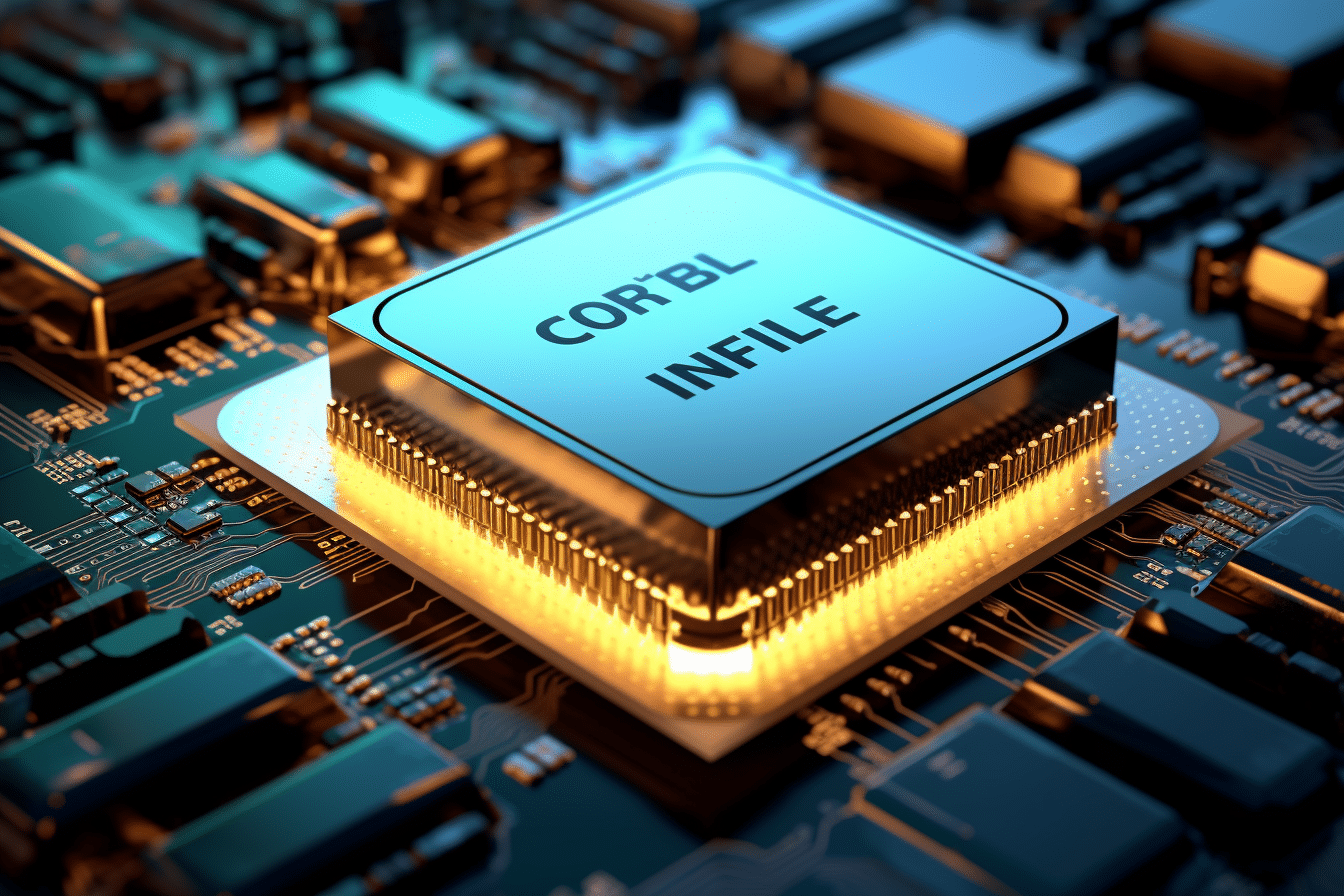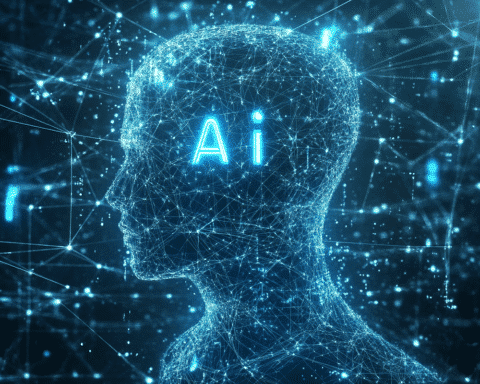Training artificial intelligence (AI) models can significantly increase a company’s energy expenses. Intel might have devised a solution to reduce these costs.
Intel is in the process of patenting a system dedicated to “energy-efficient machine learning” for image and video processing. This specifically relates to the decoding phase of machine learning training – for instance, when AI interprets the content of an image or video into descriptive phrases, like captions.
The innovation in Intel’s system lies in its ability to eliminate “content that would lead to redundant decoding.” Consequently, the system “decompresses and scrutinizes only select images,” ensuring energy conservation.
To simplify: Intel’s technology eliminates “non-essential” images or videos from the training sets while they’re still compressed. This spares the time and effort of decompressing these files. Once these images are singled out, the system gauges the machine learning model’s precision. If the model’s accuracy is affected by the omission of certain data, the system’s machine learning “software agent” takes corrective action.
By supplying the machine learning model with only pertinent data, the system substantially cuts down on time and energy. Decoding images is a “sequential activity and typically the most time-consuming step in the machine learning workflow,” Intel highlighted. Moreover, unnecessary decoding in conventional setups “can result in considerable energy wastage in data facilities.”
A March report by Bloomberg stated that training a single AI model can consume more electricity than 100 US homes in a year. Additionally, Google’s own studies reveal that AI contributes 10%–15% of the firm’s yearly energy consumption, equivalent to the annual energy needs of Atlanta. The AI industry’s impact on carbon emissions remains under-researched due to its infancy.
The industry has witnessed explosive growth since March and shows no signs of slowing. Tech giants like Google, Microsoft, and Meta are fiercely competing in AI development for both consumer and business applications. AI start-ups are drawing massive interest from venture capitalists eager to invest in the next big thing. Developing AI models without excessive energy consumption might be pivotal as this rapid growth continues to accelerate.
Intel, however, faces the challenge of catching up with dominant AI players. The company has made several attempts to patent AI innovations and has a few AI products available. But, in the realm of AI chips, Intel only holds less than 1% of the market, dwarfed by AMD’s 20% and Nvidia’s 80%.
Nevertheless, every patent Intel obtains could bolster its position in the market. A solution to efficiently train AI without causing environmental strain might just provide Intel with the advantage it needs.
As the demand for AI technologies soars, the urgency to tackle their environmental impact becomes paramount. Intel’s endeavour to bring energy efficiency to the forefront of AI training not only signifies a pivotal shift towards sustainable tech solutions but also indicates the company’s commitment to reinventing its stance in the AI landscape. If successful, this could reshape how businesses approach AI training, aligning innovation with ecological responsibility.




